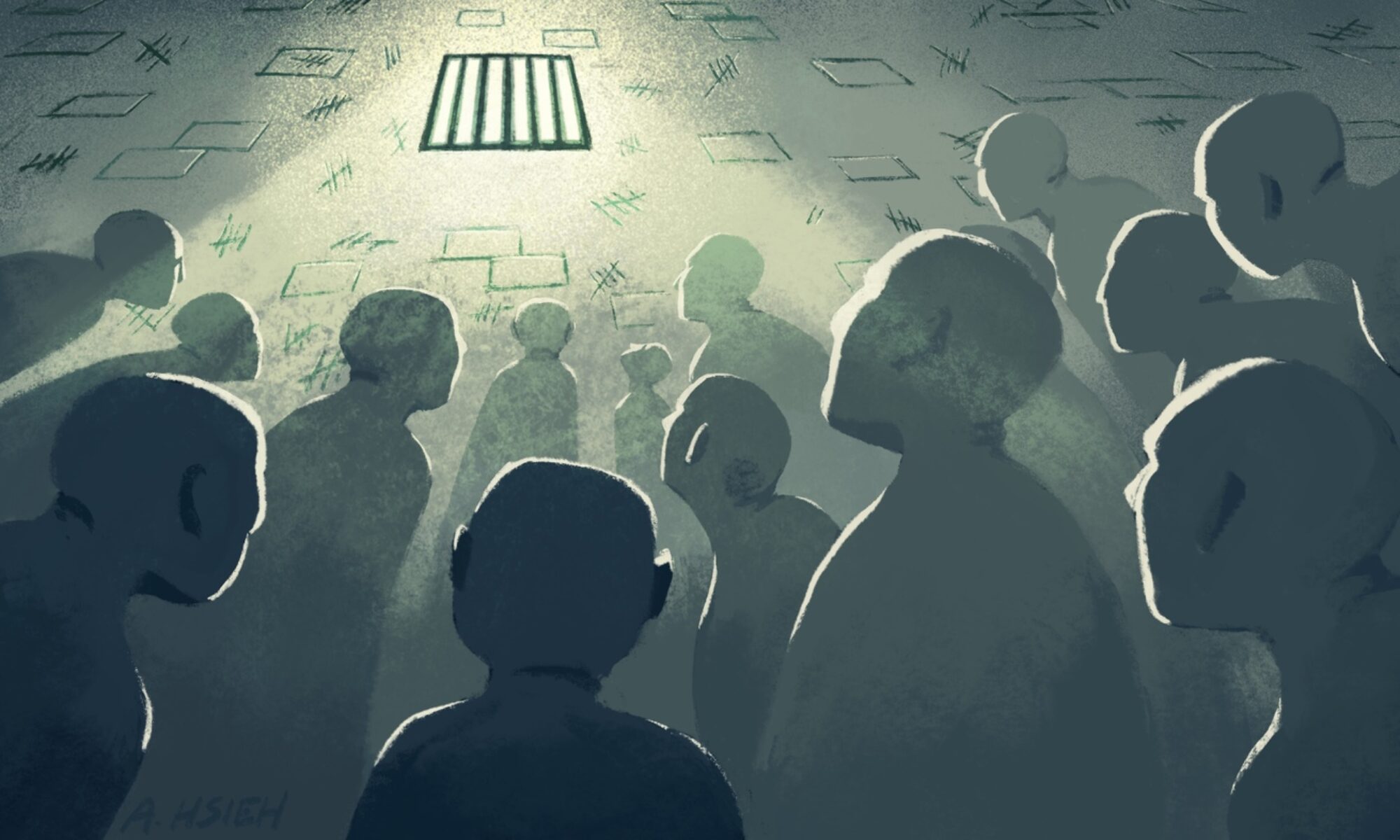Though all types of solutions are needed to begin attacking a problem thoroughly, productive federal policy can really expedite progress on any issue. Passing policy on a federal level poses a daunting set of challenges due to both the structure and corruption of government. Corporate financial influence is rampant on both sides of the two-party system. Democrats claim to be the leaders of change and “progressive” policymaking, but the party fails to truly address and dismantle systemic inequities due to its own ties with big money and the constant rightward shift of electoral politics. It is the election of more and more true progressives like Alexandria Ocasio-Cortez, and more recently Jamaal Bowman and Cori Bush, that I have higher hopes for a future with a Green New Deal and without prisons.
Dismantling the problem of mass incarceration will require many years of work on the legislative level. I believe that in order to even begin addressing the larger problems at play with the prison system as a whole, we must first federally outlaw the use of privately owned prisons. Privately owned prisons create incentive to incarcerate. Companies profit off of selling their goods and services to private prisons– the more people in prison, the more money both the vendors and the prison itself have the potential to make. Additionally, large corporations can pay to employ prisoners at a fraction of the cost of labor elsewhere. This benefits corporate interests by maximizing profits, but only hurts prisoners barely making high enough wages to afford goods and services being sold to them at ridiculously high prices. The setup of private prisons incentivizes profit over people and encourages recidivism.
In October 2019, California passed state level legislation that bans the operation of private prisons and privately run ICE detention centers in the state. The plan resolves that “California will phase out the use of these for-profit, private detention facilities by 2028” (1). This huge step towards liberation and safety of prisoners was (ironically) challenged by the Department of Justice. In January of 2020, the DOJ filed a lawsuit against the state of California, claiming that it outside their stately power to determine with whom the federal government contracts (2). For this very reason, I propose federal legislation declaring the phaseout of private prisons and ICE detention facilities by 2028. Private facilities should be purchased by the federal government and annexed as the responsibility of the government. In doing so, we will succeed in removing part of the corporate incentive to keep people incarcerated in large numbers.
There will surely be stark opposition to this idea. The GOP will claim that discontinuing private prison operations will hurt the economy, particularly local economies where these prisons sit. While this may be true, there should be no price too high to save people from abuses, mistreatment and exploitation. A productive way to prevent massive losses to the job market is to funnel industry professionals from the prison industry to public-sector, green infrastructure work. Providing paid government work to those left jobless in this transition would provide necessary public transformation to combat the climate crisis and create a situation in which the economy is actually stimulated if the funding for this program could bring money from billionaires and the corporate sector back into small, community economies.
An additional challenge of passing such a policy would be the corporate influence in government that I previously mentioned. Any politician with campaign finance investors or big donors with ties to the private prison industry will be pressured by their pocketbooks to oppose such legislation, or face risking the downfall of their political careers. Until significant campaign finance reform is passed, this will remain an issue for the passage of any progressive policy. I believe this sort of policy would be rallied behind by a large number of justice organizations with plenty of political power including Black Lives Matter, Movement for Black Lives, ACLU and NAACP. If enough momentum could be created amongst the people pushing for the passage of this legislation, there is potential for it, and any anti-prison legislation, to succeed.
Citations:
1) https://www.cnn.com/2019/10/12/politics/california-law-ban-private-for-profit-prisons/index.html
2) https://www.cnn.com/2019/10/12/politics/california-law-ban-private-for-profit-prisons/index.html
